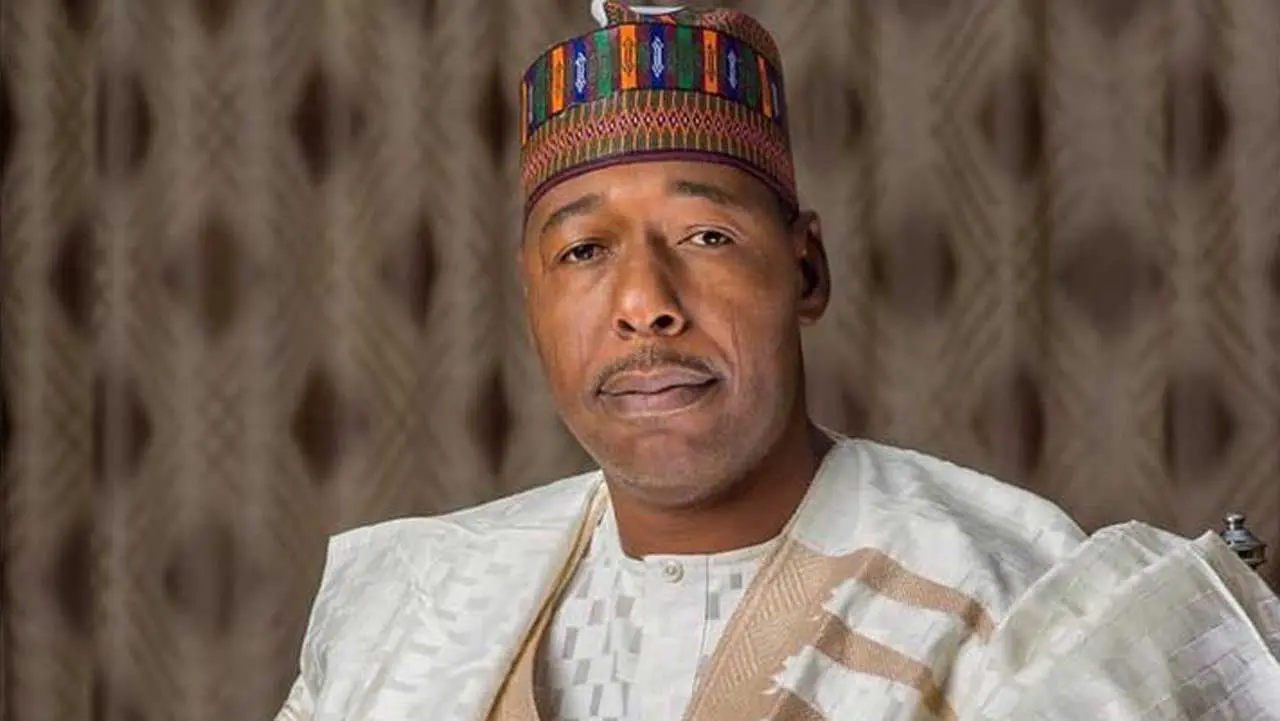Borno State Governor Babagana Zulum has expressed cautious support for President Bola Ahmed Tinubu’s proposed tax reform bills but warned that their potential implications for ordinary Nigerians warrant close scrutiny. Speaking at a recent policy dialogue in Abuja, Zulum acknowledged the government’s need to increase revenue but emphasized the importance of balancing fiscal strategies with the realities faced by citizens already grappling with economic hardship.
Tinubu’s Fiscal Vision
The proposed tax bills are central to Tinubu’s economic recovery agenda, which aims to expand Nigeria’s tax base, improve compliance, and boost non-oil revenue. Since assuming office in May 2023, Tinubu has championed reforms intended to address Nigeria’s fiscal challenges, including a ballooning debt profile and dwindling oil revenues.
Central to these proposals are measures to streamline tax collection, broaden the value-added tax (VAT) framework, and introduce new levies on specific sectors. Supporters argue that these changes are necessary to enhance public finances, fund critical infrastructure, and reduce dependency on oil revenues.
Zulum’s Balanced View
While Governor Zulum commended the administration’s focus on fiscal reforms, he cautioned against overlooking their impact on vulnerable populations. “The President may succeed in passing these tax bills,” Zulum remarked, “but we must also prepare for the social and economic consequences for our people.”
He noted that many Nigerians are already burdened by rising inflation, high unemployment, and the removal of fuel subsidies, which has significantly increased the cost of living. Introducing new taxes or expanding existing ones, Zulum argued, could exacerbate economic pressures on households and small businesses.
Consequences for Ordinary Nigerians
Economic analysts share Zulum’s concerns, warning that the tax bills could lead to price hikes across goods and services, further squeezing disposable incomes. For low-income earners, who allocate a significant portion of their income to basic needs, even modest increases in VAT or excise duties could erode purchasing power.
Small and medium-sized enterprises (SMEs), a vital component of Nigeria’s economy, may also face additional challenges. Increased taxes on sectors such as telecommunications, beverages, or manufacturing could lead to higher operational costs, potentially slowing down economic growth and job creation.














Leave a comment